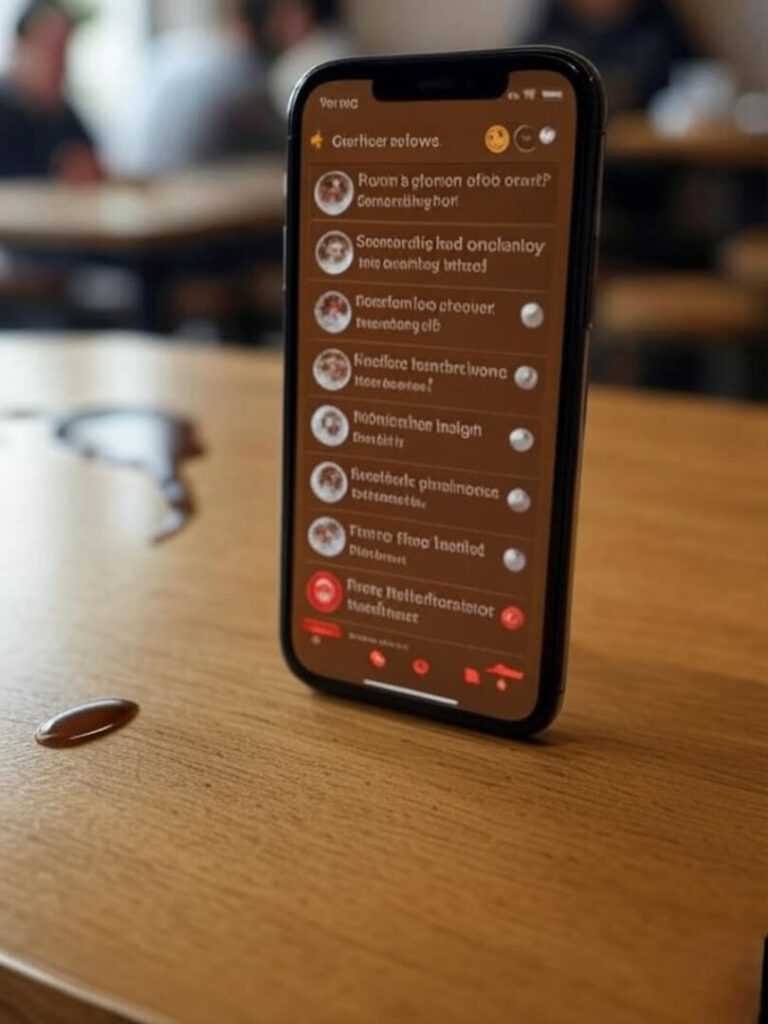Man, local ranking factors are no joke, and I learned that the hard way right here in my Philly apartment, where the radiator’s clanking and the smell of burnt coffee from downstairs is, like, constant. I tried helping my buddy’s bookstore rank higher on Google last month, and wow, I botched it at first—straight-up embarrassing. Like, I thought I had this SEO thing down from messing with my own blog, but local SEO? Whole different beast. Picture me, sweating through my hoodie, refreshing Google Maps like an idiot, watching their pin drop lower. These local ranking factors aren’t just nerdy SEO terms—they’re make-or-break for small businesses in a loud city like this.
Why Local Ranking Factors Hit Harder in Philly’s Chaos
Okay, so local ranking factors feel personal when you’re in a city like Philly, where every corner’s got a deli or a barbershop fighting for attention. I screwed up big when I set up their Google Business Profile—typed the address wrong, off by a freaking block. Customers showed up at a vape shop instead, leaving salty reviews, and I’m over here in my living room, fan blasting, feeling like a total tool. NAP consistency (Name, Address, Phone, for those who don’t know) is one of those local ranking factors you can’t half-ass. If your info’s mismatched on Yelp or whatever, Google’s like, “Nah, you’re sketchy,” and tanks your rank.
And don’t sleep on hyperlocal keywords—huge local ranking factors. I was sipping a lukewarm La Colombe, papers strewn across my table, when I realized I should’ve used “near South Street” instead of just “Philly bookstore.” Added that, and boom, they popped up higher overnight. If you’re in, say, Brooklyn or Austin, try that hyperlocal stuff for your spot. Kinda wish I’d figured that out sooner, but whatever, live and learn.

My Epic Citation Fail and Local Ranking Factors Fallout
Citations—those online mentions of your business—are massive local ranking factors, but I treated ‘em like junk mail at first. I’m sitting at my kitchen counter, Wawa hoagie crumbs all over my keyboard, updating directories like Apple Maps, and I typo’d the phone number. Calls went to some random guy, and their rankings slipped. Felt like I’d dropped a pass in the Eagles’ endzone. From my dumb American perspective, use tools like Moz Local or Yext to keep citations tight—saves the stress. Check this out for more: https://www.searchenginejournal.com/local-seo-citations/.
But here’s where I’m a mess: I know citations are key local ranking factors, yet I still put ‘em off sometimes. Why am I like this? Anyway, aim for 50+ citations from solid sites. I got a boost once from a local Philly blog linking back—local backlinks are another sneaky local ranking factor.
Reviews Kicked My Butt as Local Ranking Factors
Reviews, ugh, they’re brutal local ranking factors. I got hit with a one-star on my own Amazon side hustle once—shipping mix-up, not even my fault—and I’m sprawled on my couch, Netflix frozen, freaking out. Responding calmly helped, though, and it’s the same for local biz. I forgot to nudge happy bookstore customers for Google or Yelp reviews, and their rankings took a hit. From my US lens, where everyone’s got an opinion, push for reviews hard. Text your regulars something personal—it works.
But, real talk, I’ve been tempted to fake reviews during slow times. Never did, ‘cause Google’s scary good at catching that. Instead, I use Birdeye to manage ‘em—here’s their take: https://birdeye.com/local-seo/. Sprinkle star ratings on your site too; it’s a local ranking factor that adds cred. Oh, and I totally spaced on replying to one review last week—still kicking myself.

Reviews: The Local Ranking Factors That Stung Most
So yeah, reviews as local ranking factors can wreck you. I was stuck in traffic on I-76, reading a bookstore review whining about slow service—felt like a personal dig. But I replied with empathy, and it flipped the script; more good reviews rolled in, boosting those local ranking factors. I check reviews daily now, usually over my burnt coffee. Pro tip: Respond to 80%+ of ‘em, even the bad ones. It ain’t perfect, but it’s progress.
Mobile Optimization: The Local Ranking Factors I Almost Blew Off
Mobile-friendliness is a sneaky local ranking factor, especially with everyone voice-searching. I was up at 2 a.m., eyes burning, scrolling on my phone, when I saw the bookstore’s site crawled on mobile—Google despises that. Here in the US, where we’re all glued to screens, that’s a death sentence. I ran it through Google’s Mobile-Friendly Test (https://search.google.com/test/mobile-friendly), fixed the lag, and rankings jumped.
Here’s my contradiction, though: I nag about mobile optimization as a local rankings factor, but my own blog’s mobile version glitches sometimes. Embarrassing, right? Anyway, user experience—like clean navigation—is another local ranking factor. And voice search? Phrases like “bookstore near me” are gold. I voice-searched for a pizza spot during a storm last week, and the top results nailed it with optimized profiles.

Mobile Mess I Barely Fixed as a Local Ranking Factor
That mobile screw-up taught me fast. I was a wreck, but tweaking load times and navigation felt like a win. Test your site, folks—those local rankings factors sneak up but pay off big.
Wrapping Up My Local Ranking Factors Rant
Alright, I’m done spilling my guts on local rankings factors—feels like I just rambled to a friend over beers. My Philly fumbles, from citation disasters to review panics, showed me these aren’t just SEO checkboxes; they’re survival for small businesses. I’m no guru, just a guy who learned the hard way. Got a local ranking factor tip or screw-up of your own? Comment below or audit your Google Business Profile tonight. Let’s keep this convo going.




